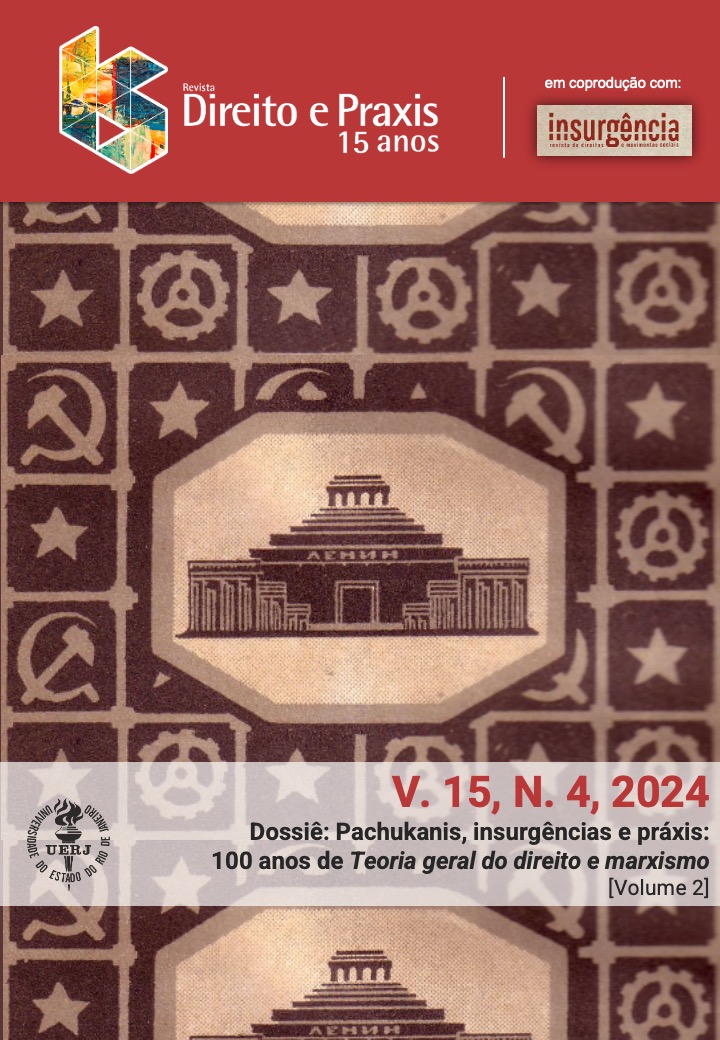“Saying to live”
slave work and the importance of reporting to rescue trust in the world
Keywords:
Dignity, Bernstein, Agency, Report, Modern slaveryAbstract
https://doi.org/10.1590/2179-8966/2024/74274|
The measures to contain and repress slave labor are based mainly on economic remedies. Indeed, the central good to be protected by the legal system in these situations is neglected: dignity. Given this scenario, it is through J. M. Bernstein's thesis (Torture and Dignity) on the possibility of a negative ethics based on the victim's report that this article focuses on investigating new ways of observing this crime, as well as identifying alternatives for repairing the crime. confidence in the world of these survivors. For this, as a general objective, we seek to reconstruct Bernstein's contribution to the understanding of the report as an alternative to repair the offense to dignity in cases of work analogous to slavery. As specific objectives, this work runs through three axes of appreciation: to analyze the applicability of Bernstein's concept of agency to the basic theoretical construction to the understanding of slave work; understand how the loss of confidence in the world is situated in the lives of survivors of slavery; and, finally, to establish how a theory based on the reports of these survivors can contribute to the rescue of these people's dignity. As results achieved, it was observed the need to insert the report and therapeutic listening as ways of recovering human dignity, as well as a more humane understanding of the procedure after the rescue based on this theory.
Keywords: Dignity; Bernstein; Agency; Report; Modern slavery.
Downloads
Published
How to Cite
Issue
Section
License
Copyright (c) 2024 Direito e Práxis

This work is licensed under a Creative Commons Attribution 4.0 International License.
The authors the sole responsibility for their texts.
It is allowed the total or partial reproduction of the articles of the Journal Law and Praxis, if the author is mentioned.
This work is licensed under a Creative Commons Attribution-Noncommercial-Share Alike 4.0 Unported License.
This license allows you to copy and redistribute the material in any medium or format for any purpose, even commercial, provided the original authorship is cited.
This work is licensed under a Creative Commons Attribution 4.0 International License.



